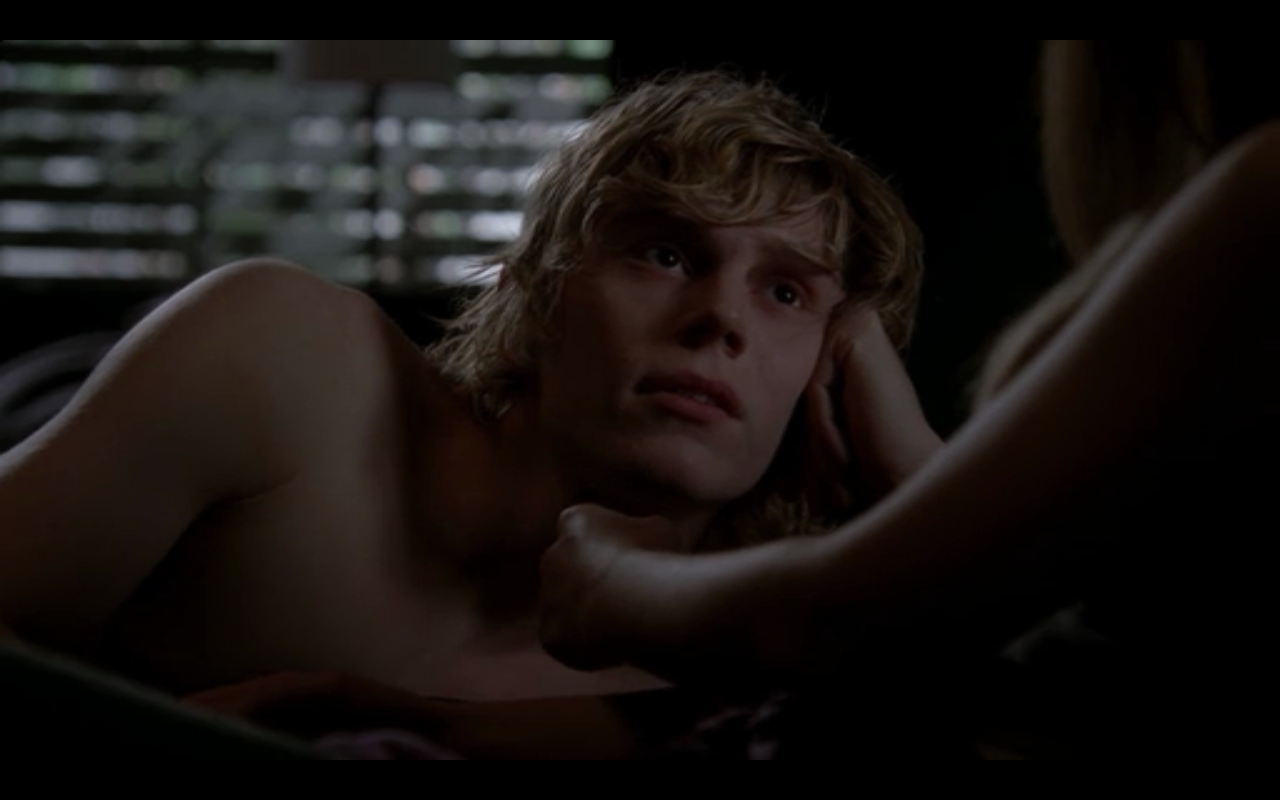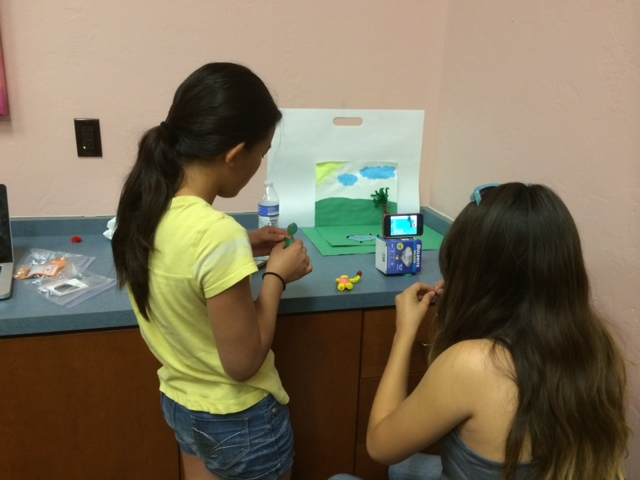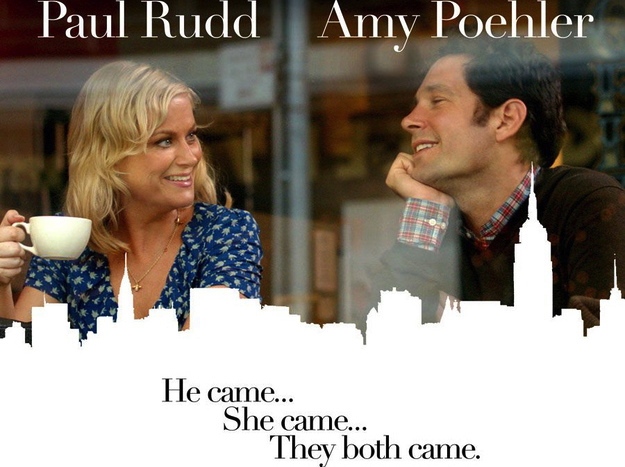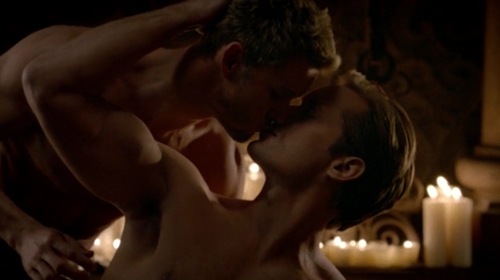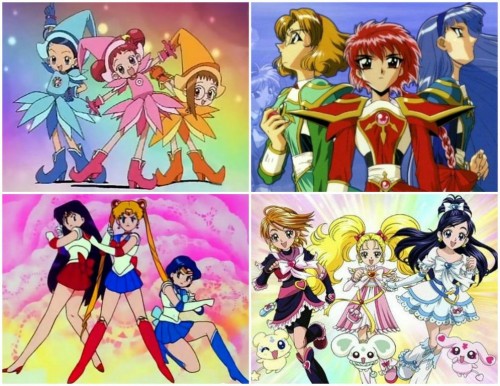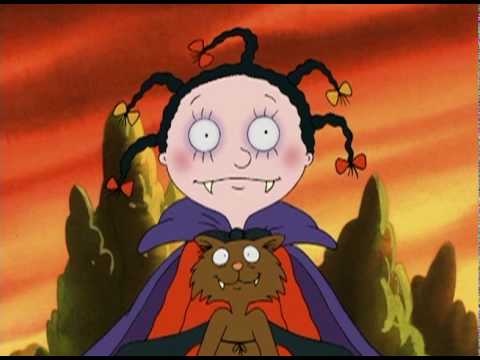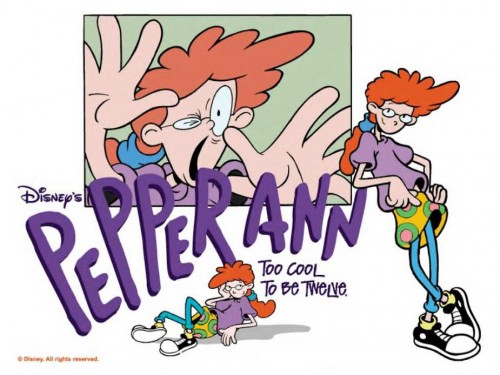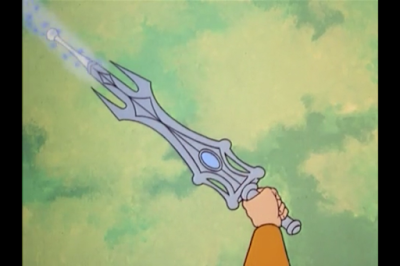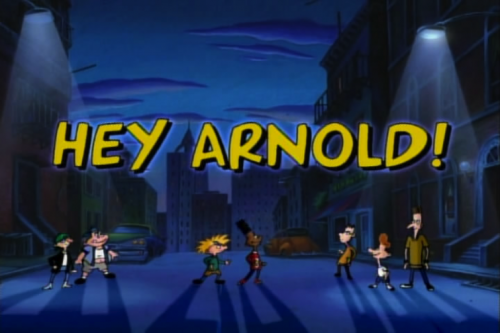Rape as Narrative Device in ‘American Horror Story’
I recently began watching ‘American Horror Story’ on Netflix to see what all the hullaballoo was about, and I quickly became a die-hard fan of the series. I’ve heard some feminist criticism that popular television’s rape trope is abused and unnecessary. Many viewers find rape scenes more difficult to endure than the goriest and bloodiest of murder scenes in film and on TV. ‘AHS’ depicts rape in each of its three seasons (season four: “Freak Show” begins in October of this year), and I’ve been trying to make some sense of these scenes: all very different, yet centered around the idea that rape is its own horror, worse than murder. Sexual violence in film has always been controversial, in part because it works as an acknowledgment of something so many victims are afraid to share or discuss, even with other victims. ‘AHS’s handful of rape scenes reference gender roles, mental illness, and identity politics, and do in fact have a place in the storylines in which we find ourselves so invested.
